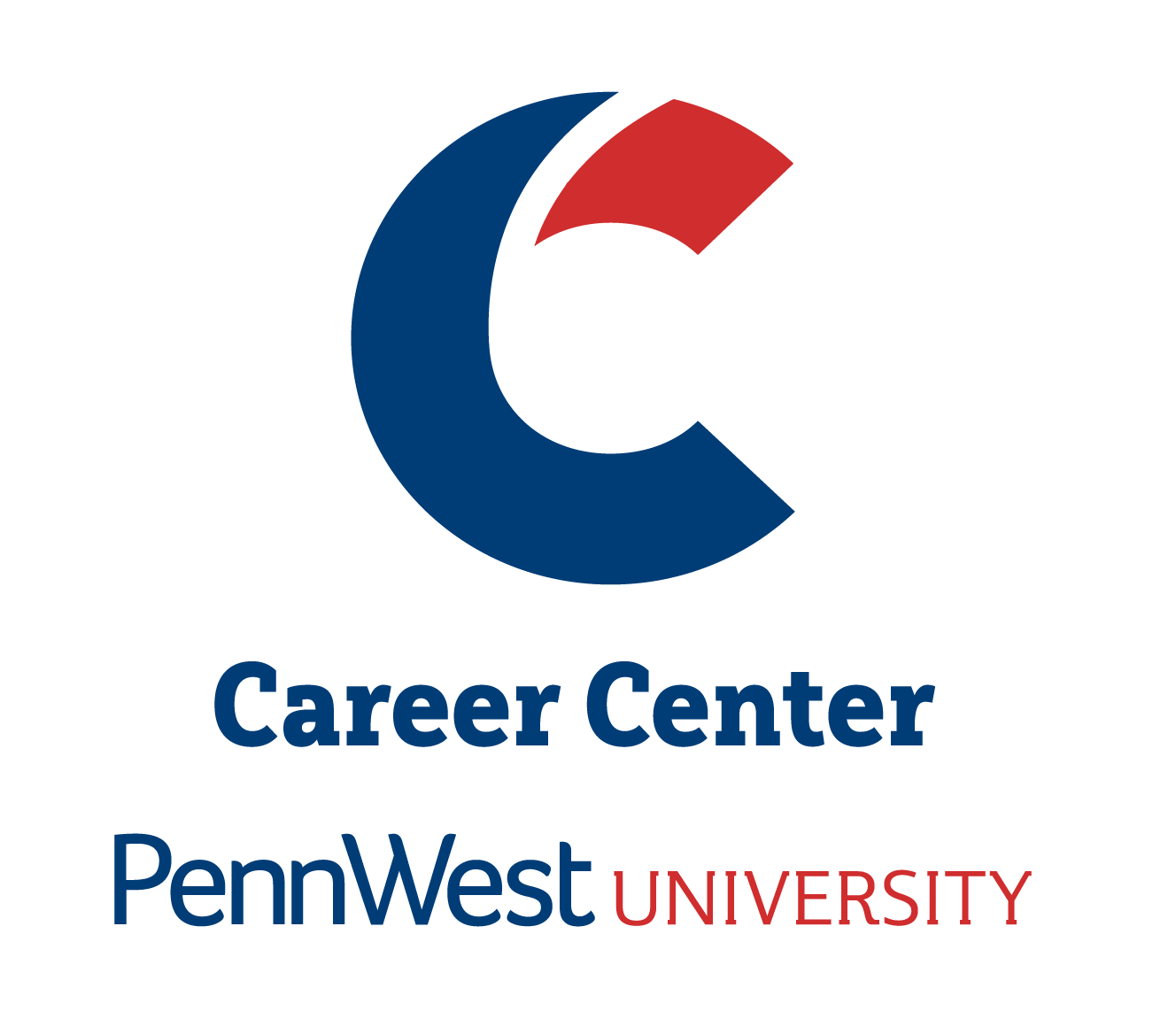An informational interview is a casual conversation, typically lasting around 20-30 minutes, with someone employed in a career field in which you are interested. It’s different from a job interview as its purpose is not to hunt for job openings. Rather, it’s to learn about a specific field, providing a sneak peek into a potential future job.
Advantages of Informational Interviewing:
- Gain firsthand insights into the realities of a specific position, field, or industry.
- Discover career paths you might not have known existed.
- Receive insider advice on preparing for and securing your first career opportunity.
- Get an insider’s view of what it’s like to work in a particular organization.
- Start a professional relationship and expand your network of contacts, possibly leading to job leads in the future.
- Identify potential interviewees
- Use your existing connections, such as friends, family, professors, and former employers. Even if they’re not in your desired field, they may guide you to relevant individuals. Also, consider reaching out alumni through LinkedIn and asking your Career Coach to help you identify some people.
- Contact
- Reach out to the person via email or LinkedIn, explaining how you obtained their name. Emphasize your goal is to get information, rather than a job.
Interview Request Example:
Dear [Recipient’s Name],
I hope this email finds you well. I got your contact information from [insert how you got their name and info]. My name is [Your Name], and I am a [Year] student at [Your University/College] studying [Your Major/Field of Study]. I am reaching out to express my genuine interest in your career and the insights you can provide about your professional journey in [Recipient’s Industry/Field]. I have heard about your impressive work and achievements [include a specific example if known], and I am eager to learn from your experiences. I would appreciate the opportunity to connect with you for a brief 30-minute informational interview at your convenience. We can meet [include options such as Zoom, on the phone, or in-person].
Thank you,
{Your Name}
- Reach out to the person via email or LinkedIn, explaining how you obtained their name. Emphasize your goal is to get information, rather than a job.
- Prepare for the interview
- Create a great introduction about yourself (AKA an ‘elevator pitch’) and what you hope to gain from the meeting.
Formulate open-ended questions to ask.
- How did you become interested in this field?
- How did you begin your career?
- What is a typical workday (or week) like for you?
- Create a great introduction about yourself (AKA an ‘elevator pitch’) and what you hope to gain from the meeting.
- The interview
- Dress appropriately for the work environment you’re exploring. Arrive 5 minutes early and turn off your phone. Bring your list of questions and feel free to take notes. Reiterate your goal of seeking information and advice, not job offers. Respect their time, keeping within the agreed-upon timeframe. Ask if you can contact them again in the future for further inquiries and if they have other suggestions of people with whom you should speak.
- Following up
- Maintain records of what you’ve learned, questions for future exploration, and your planned next steps. Send a thank-you email within 1 day to express your gratitude for their time and insights. Stay in touch, especially if you had a positive interaction, to update them on your progress.
Example Follow Up Email
Dear Ms. Bennett,
I want to express my gratitude for our meeting today, where we discussed your role as the Environmental Science Research Coordinator. Our conversation provided valuable insights into the field of environmental science, especially within a research coordination context. Understanding that gaining experience is crucial, I’ve decided to take on a more active role in coordinating data collection efforts for our college’s environmental science project.
Thank you once again for sharing your time and expertise.
Best regards,
Jordan Mitchell
